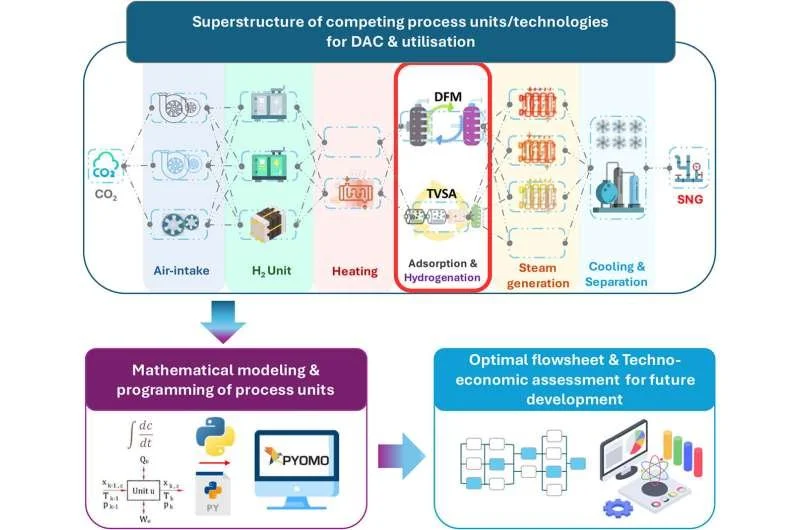Our research in the media
‘Inhaling the microplastics’: what is in British children’s school uniforms?
By Damien Gayle
The Guardian
“Parents question if synthetic fabrics, one of the most significant environmental pollutants, are suitable for children”
Carbon-capture technology could help the UK rival global competitors in race to produce clean fuel from air
Tech Xplore
“A unique carbon capture technology developed by researchers at the University of Surrey could offer a more cost-effective way to remove carbon dioxide (CO2) from the air and turn it into clean, synthetic fuel.”
A New approach to microfibre waste: Upcycle it
By Jasmin Malik Chua
Sourcing Journal
“Microfibers are a massive problem—but could they be a resource, as well?”
Chemical engineers explore upcycling microfibres released from washing clothes
By Kerry Hebden
The Chemical Engineer
“University of Surrey and UK-based washing technology group, Xeros Technology, have teamed up to accelerate research into upcycling the microfibres captured from laundering clothes into a useful and valuable carbon material.”
New study to explore upcycling the microfibres released from laundering clothes
Press release
Xeros Technology has partnered with the University of Surrey to jointly fund pioneering research to upcycle the microfibres captured from laundering clothes into a useful, and valuable carbon material.
New technology creates carbon neutral chemicals out of thin air
It is possible to capture carbon dioxide (CO2) from the surrounding atmosphere and repurpose it into useful chemicals usually made from fossil fuels, according to a study from the University of Surrey.
THOUGHT LEADERS: Using CO2 to Create Carbon-Negative Chemicals
AZoCleantech speaks to Dr. Melis Duyar from the University of Surrey about their contribution to clean technology research. Duyar has worked with her team to develop materials and processes to capture carbon dioxide, perform a chemical transformation of the captured carbon dioxide with hydrogen, and release the final product, which would be a carbon negative chemical.
Best of Energy Technology, 2021
The Best of Energy Technology 2021 collection highlights the top 15 articles published in 2021 issues of the journal, as selected by the journal editors. The collection includes reviews and original research articles covering a wide variety of topics, such as solar cells, advanced battery concepts, fuel cells, catalysis and chemical energy storage, and biofuels.
Cleaner fuels from CO2 is the promise of new Surrey project
Using the planet's air to create new chemicals for fuel, and other essential chemical products is the bold ambition of a new research project from the University of Surrey.
Adventurous ideas to make net zero a reality
Using seawater to create electricity and clean drinking water is one of ten ambitious new projects announced today.
The projects are designed to support the development of disruptive, adventurous ideas for new materials, devices, fuels and technologies.
The projects are in support of the government’s ambition to achieve a net zero society by 2050.
Research Collaboration Fund Awards 2021
The University Global Partnership Network (UGPN) awarded seven new research projects as part of the tenth round of research funding for international collaborations across the consortium. The Research Collaboration Fund (RCF) is a joint initiative in which all four UGPN Partners participate, with an annual call for proposals tackling issues of global importance. This year’s RCF call welcomed research proposals in all subject areas.
Three trilateral and four bilateral projects were awarded funding bringing together researchers from across the globe working on topics including green social prescriptions, marine renewable energy harvest, and, water pollution. Check out the research section of our website for a selection of previous project outcomes.










